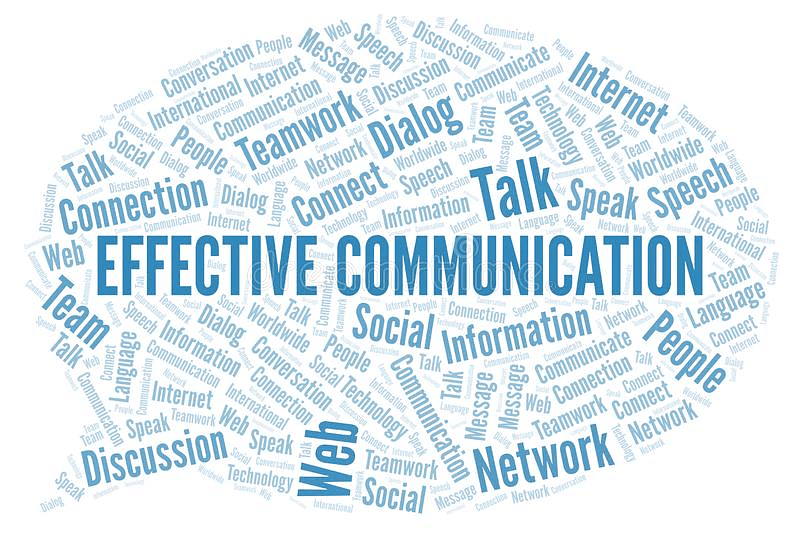Effective Communication: Meaning & Characteristics | Communication for UGC NET PDF Download
Meaning
Effective communication is the process of exchanging information, ideas, thoughts, and feelings in a manner that is clearly understood by all parties involved. It involves not only the transmission of messages but also ensuring that the message is received and interpreted accurately.
Effective communication can be defined as the successful conveyance of a message from a sender to a receiver with the intended meaning fully understood and acted upon.
It encompasses both verbal and non-verbal forms of communication, including speaking, writing, listening, and body language.
Characteristics of Effective Communication
Clarity and Conciseness
- Clarity: The message should be clear and easily understandable. Avoiding jargon, ambiguous words, and complex sentences helps in delivering the message clearly.
- Conciseness: Being concise means being brief and to the point. Eliminating unnecessary words and focusing on the core message ensures that the communication is effective.
Correctness
- The information conveyed should be accurate and free from errors. This builds trust and credibility. Ensuring grammatical correctness and factual accuracy is crucial.
Completeness
- The message should be complete, providing all necessary information the receiver needs to understand and act upon it. Incomplete messages can lead to confusion and misinterpretation.
Coherence
- The message should be logical and well-organized. A coherent message flows smoothly and is easy to follow, making it easier for the receiver to understand the intended meaning.
Consideration
- Effective communication takes into account the receiver's perspective, needs, and feelings. Understanding the audience and tailoring the message accordingly ensures it resonates well with them.
Concreteness
- Concrete communication involves being specific and tangible rather than vague and abstract. Using specific facts and figures instead of generalities makes the message more compelling and credible.
Courtesy
- Being polite and respectful in communication fosters a positive environment and enhances the effectiveness of the message. Courtesy involves showing respect for the receiver and considering their viewpoints.
Active Listening
- Effective communication is a two-way process that involves active listening. Paying full attention to the speaker, understanding their message, and providing appropriate feedback ensures effective exchange of ideas.
Feedback
- Feedback is a crucial part of effective communication.
 It confirms whether the message was received and understood correctly. It also provides an opportunity for clarification and adjustment if needed.
It confirms whether the message was received and understood correctly. It also provides an opportunity for clarification and adjustment if needed.
Non-verbal Communication
- Body language, facial expressions, gestures, and eye contact play a significant role in conveying messages. Non-verbal cues can reinforce or contradict what is being said verbally, affecting the overall effectiveness of communication.
Empathy
- Empathy involves understanding and sharing the feelings of others. It helps in building a connection with the receiver and ensuring that the message is delivered in a sensitive and understanding manner.
Appropriate Medium
- Choosing the right medium for communication is essential. Depending on the nature of the message and the audience, different mediums such as face-to-face conversations, emails, phone calls, or written reports might be more effective.
Importance of Effective Communication
- Enhanced Relationships: Effective communication strengthens relationships by building trust and understanding.
- Increased Efficiency: Clear and concise communication leads to fewer misunderstandings and errors, enhancing overall efficiency.
- Better Problem-Solving: It facilitates the sharing of ideas and perspectives, leading to more effective problem-solving and decision-making.
- Improved Employee Morale: In a workplace, effective communication fosters a positive environment, improving employee morale and productivity.
- Successful Negotiations: In negotiations, clear communication helps in articulating needs and reaching mutually beneficial agreements.
Effective communication is fundamental to personal and professional success. By adhering to the characteristics of clarity, conciseness, correctness, coherence, consideration, concreteness, courtesy, active listening, feedback, non-verbal communication, empathy, and using the appropriate medium, one can ensure that their communication is impactful and effective.
|
5 videos|18 docs|5 tests
|
FAQs on Effective Communication: Meaning & Characteristics - Communication for UGC NET
| 1. What is the importance of effective communication? |  |
| 2. What are the characteristics of effective communication? |  |
| 3. How can one improve their communication skills? |  |
| 4. How does effective communication contribute to professional success? |  |
| 5. Can communication barriers be overcome? |  |

|
Explore Courses for UGC NET exam
|

|
 It confirms whether the message was received and understood correctly. It also provides an opportunity for clarification and adjustment if needed.
It confirms whether the message was received and understood correctly. It also provides an opportunity for clarification and adjustment if needed.
















